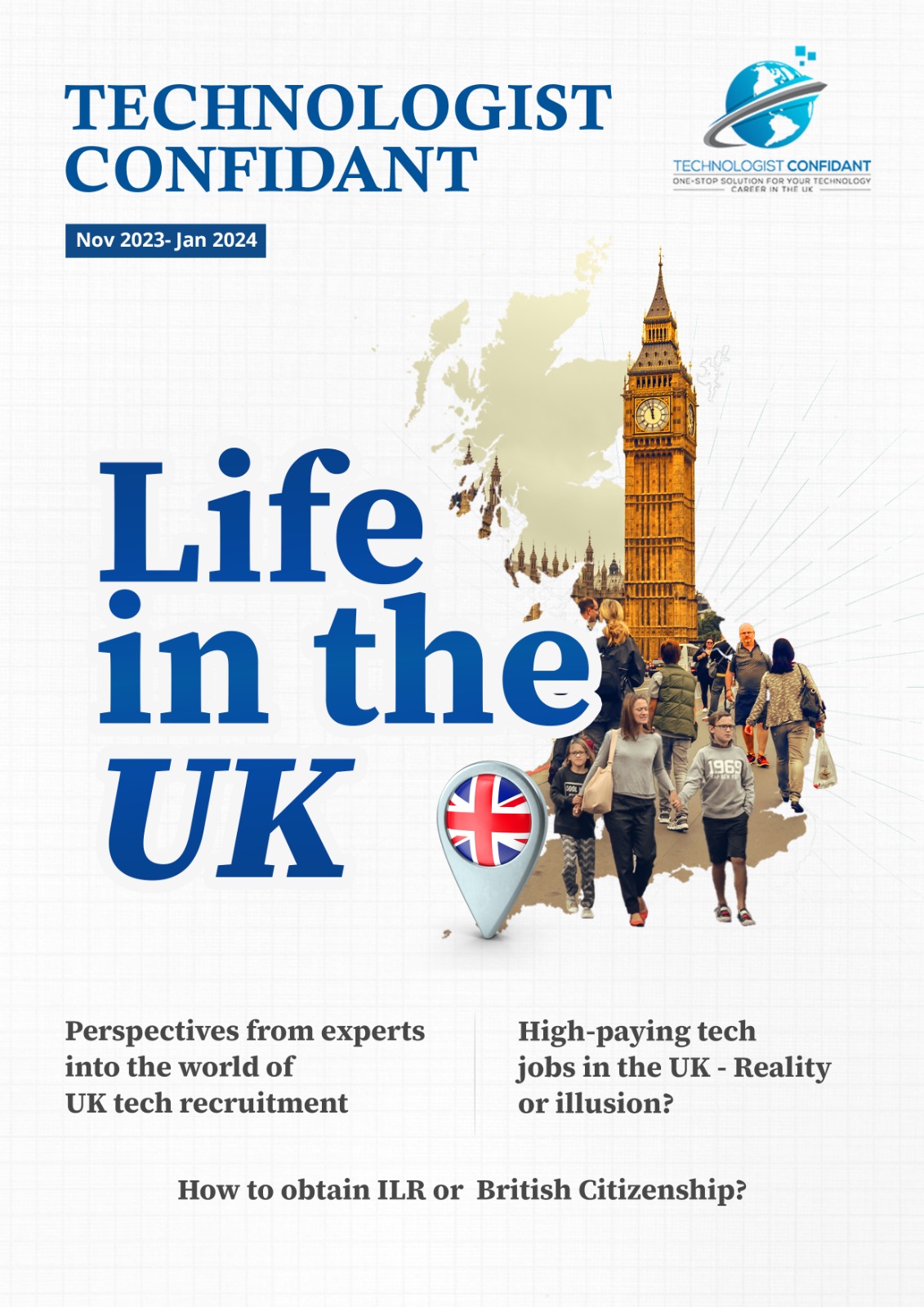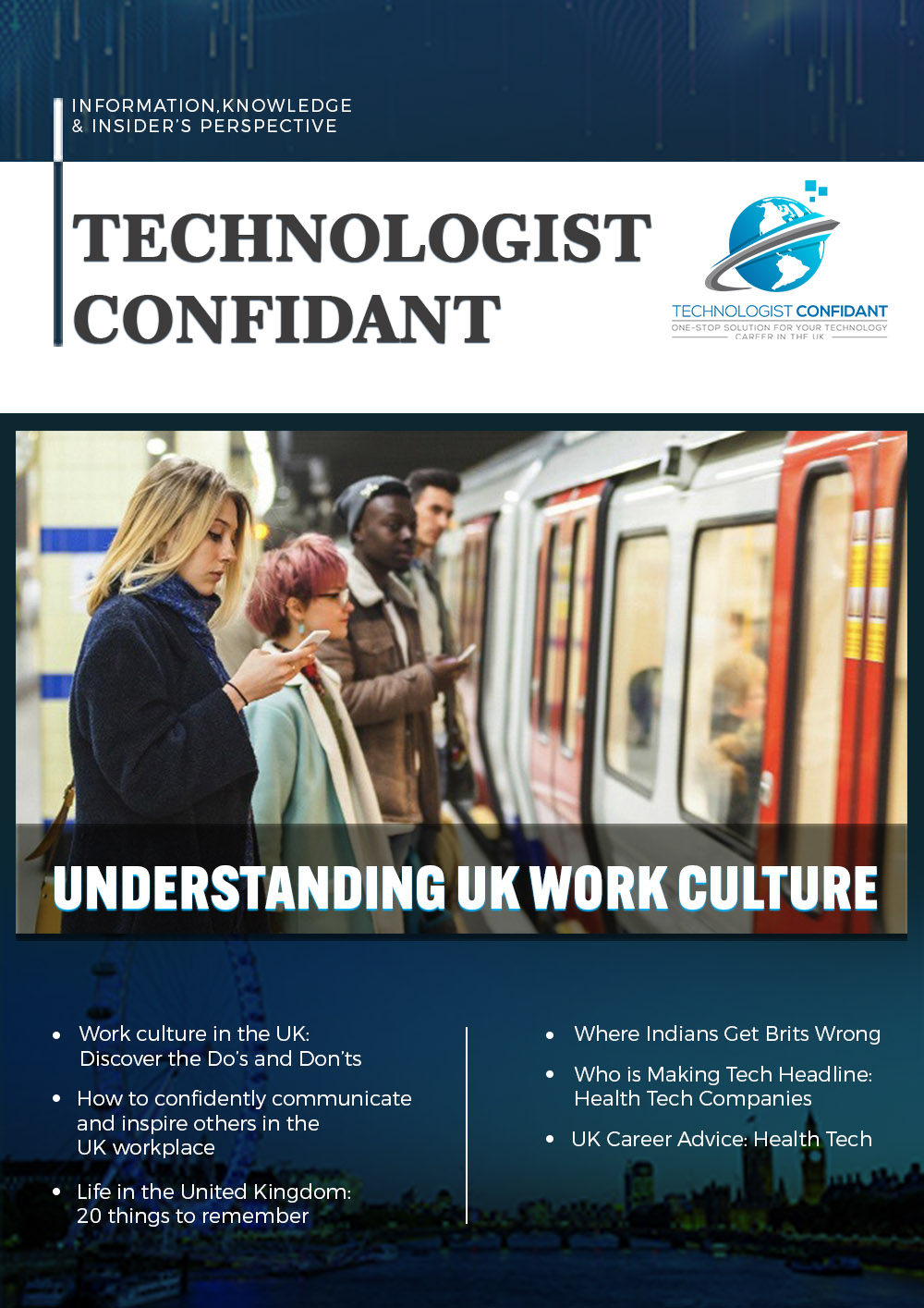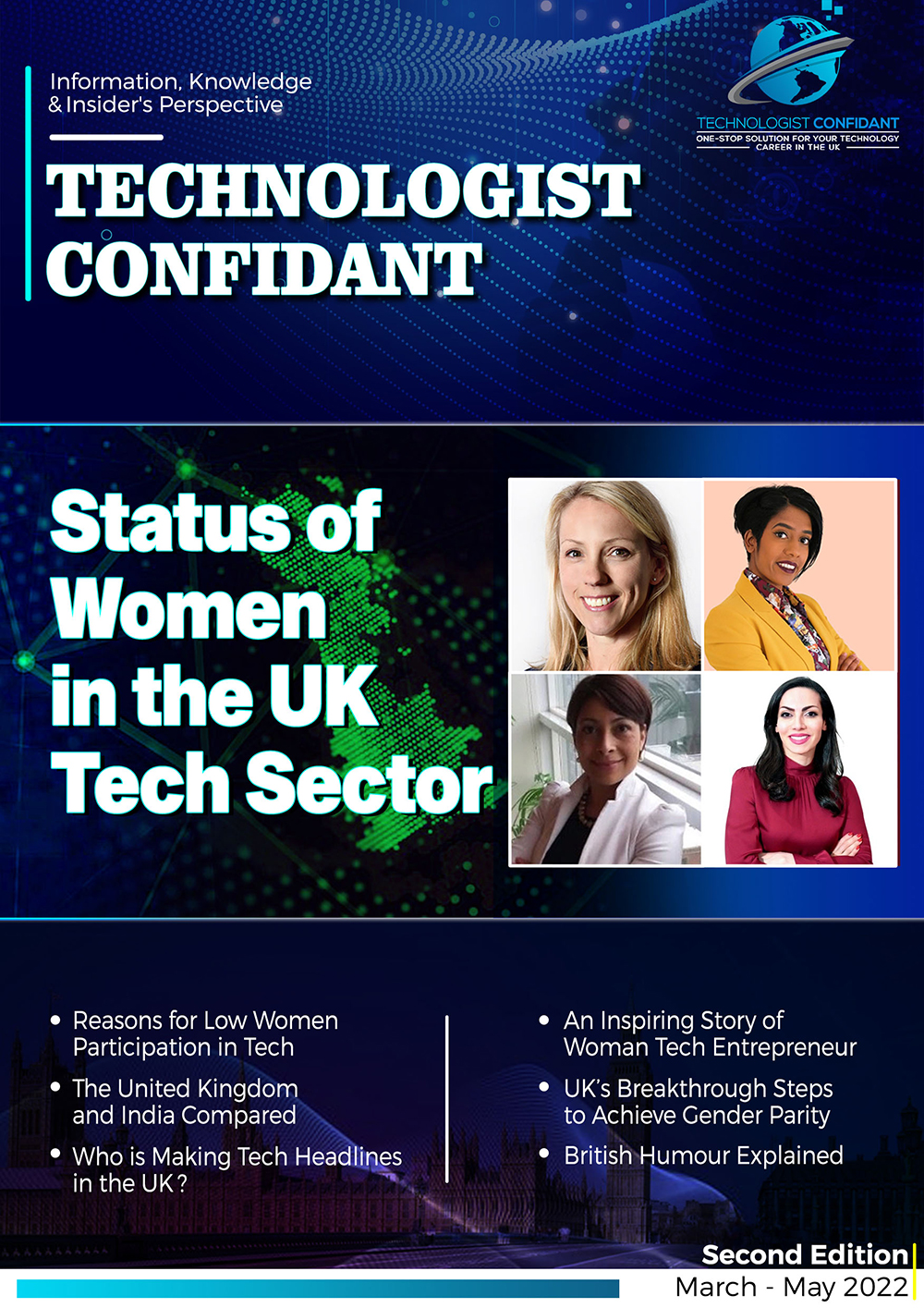It's no secret that today's workforce is increasingly looking for worldwide opportunities and expanding their skill set to cover other geographic areas and cultures. What can be challenging is learning how to communicate effectively with people who speak a different language or use different methods to achieve a shared goal.
People in direct communication cultures tend to speak what they think, emphasising openness rather than ties and emotions. On the other hand, indirect communication cultures focus more on feelings and connections; people are less likely to communicate what they think if it would make someone else feel terrible.
For example, the British have mastered the art of subtle, nuanced communication. To soften the impact of a negative sentence, they use the word "rather." "The conference was pretty disorganised," for example, most certainly indicates chaos. Similarly, "very" is frequently used to avoid saying something unpleasant. "The cuisine was fairly delicious," thus, it could have been much better! Many immigrants find the British communication culture perplexing since it is a combination of direct and indirect communication.
Recognising the need to instil effective cross-culture communication in overseas professionals, Technologist Confidant interviewed
Alina Timofeeva a first-generation Russian immigrant from a moderate family who is now a multi-awarded, acclaimed senior executive at Oliver Wyman. Her latest TEDxTalk, "Fail but Never Give Up", which recounts her narrative as an immigrant, has been viewed over 420 000 times and has been transcribed into 20 languages, making it one of the Top 10 most-watched TEDx presentations of all time as of December 2021. Alina Timofeeva assists immigrants to endure in a world where structural imbalances can render their gender, culture, and history barriers to achieving the future they desire, motivating overseas workers to use every setback as a stimulus and urge them to tackle diverse challenges with courage and integrity.
In an interview with Technologist Confidant, Timofeeva shares her perspectives on UK work culture. What follows is an edited version of that conversation.
What do you think can be the most significant adjustment for a foreign employee or entrepreneur when they start working here?
My toughest obstacle as a graduate student was assimilating into the UK community. I frequently felt out of place, which harmed my self-assurance. Because I was the only foreign employee, I was frequently picked out because of my cultural differences. In certain cases, the team forgot that I needed a visa to travel to India for my training, and my coworkers would interrogate me about my Russian culture.
Non-native speakers should not bear the burden of avoiding these situations. Employers must do a better job of assisting employees in working with people from various backgrounds with compassion. So look for companies that have worked internationally before and offer resource groups for employees from various backgrounds. At Oliver Wyman, we have EMPOWERED, a group that aims to encourage people from majority groups to be more inclusive as well as support persons from varied backgrounds.
Most non-native speakers run the risk of frequently misunderstanding their colleagues at first; in your opinion, how can they avoid such awkward situations?
When I first arrived in the UK, one of my coworkers asked me, "How was your weekend?" on a Monday morning. Unlike the norm in this country, I answered directly about what was going on in my life: I was evicted from my apartment, my pay was not paid, and I was living in a place with no functional shower, no wifi, and no heating, and I arrived at work early to shower in the gym.
Being an immigrant has its advantages in terms of adaptability and agility. For me, the most important thing was to learn and adapt promptly. I paid attention to how my coworkers talked, walked, and emailed. I sought out mentors, solicited input, and continued to focus on my areas of improvement. Working hard and taking risks paid off for me, but they do not guarantee success!
People should be genuine, but doing so necessitates a level of confidence with the employer. So, if you have the luxury of choosing your employer, choose one that values migrants as assets, provides individualised support (e.g., buddies), educates staff on inclusive behaviours, and holds employees accountable for poor performance.
Entrepreneurs are in a unique position to serve the needs of underrepresented communities of people like them. Still, success is often determined by gender and background, so seek out support, such as guides on writing business plans and organisations like TERN, that can help you give yourself the best chance for probable success.
What advice would you give to new employees or entrepreneurs entering the UK?
People can do a few things, such as using their voice, listening to their hearts, and following the life they've always envisioned. Experiments aid in the discovery of new and better ways to create and improve experiences. Even if you fail, the more risks you take, the more confident you become. Above all, have fun with it, as living in the moment is essential.
I would always say, "Be authentic, be bold and ask for that dream opportunity, pay raise or promotion, no matter how scary it may feel at the time. "
From my own personal experience, I was able to attain success by being persistent and willing to try new things. When I first started my career, I attempted a number of positions in Technology Consulting and never regretted it. This allowed me to network like crazy, make great relationships, and embrace my uniqueness. " I failed, got up, and tried again." This aided me in inventing my way into a better situation. Imagine what everyone else – especially those growing up in 2022 – can do if someone from my background and culture can achieve this. “Just do it — make your dream come true.”
Connect with Alina Timofeeva on LinkedIn: @Alina Timofeeva & Instagram @a.timofeeva.lse






